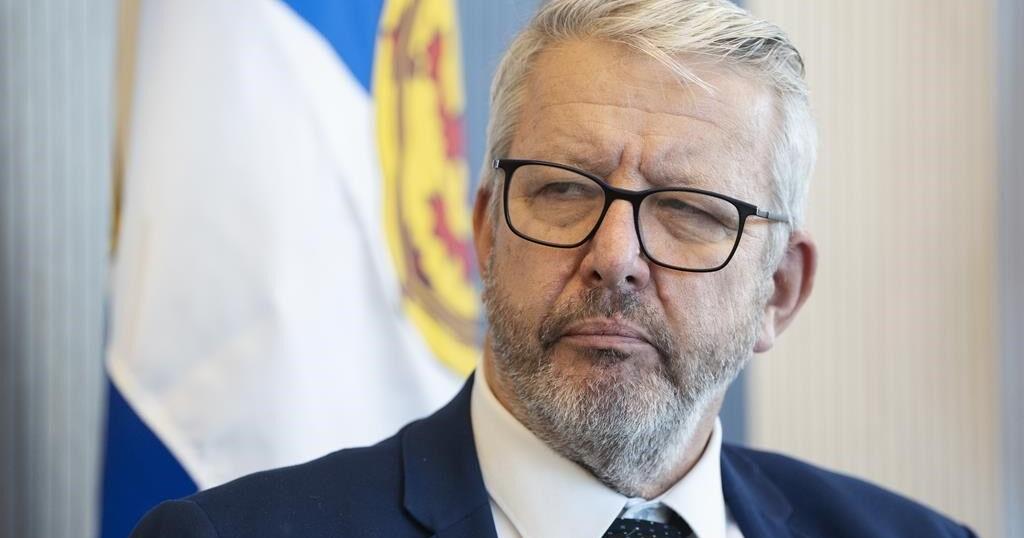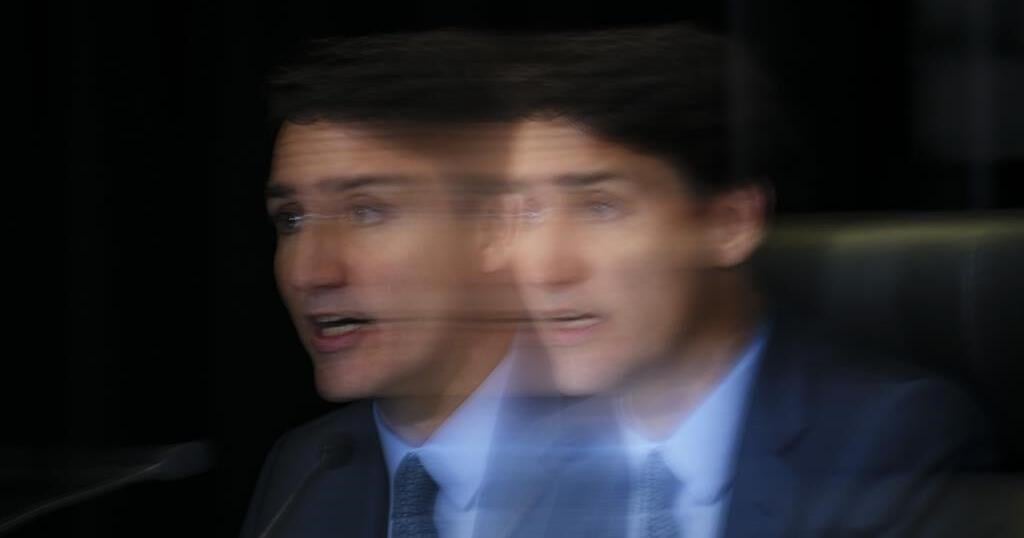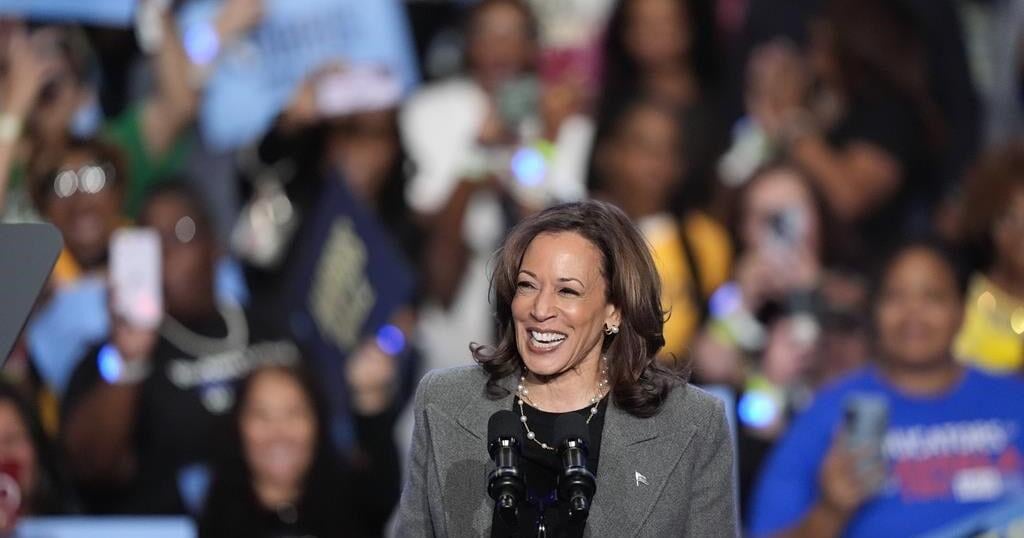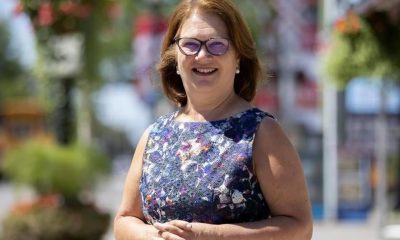A political panel discussion on Thursday in St. John’s will feature two of last year’s biggest Canadian newsmakers.
Two former Liberal cabinet ministers — Jody Wilson-Raybould and Dr. Jane Philpott — will be on hand for “Navigating Party Discipline,” an event sponsored by the Royal Society of Canada (Atlantic) and Memorial University’s Scholarship in the Arts program.
Wilson-Raybould and Philpott were removed from the Liberal caucus last April in the aftermath of the SNC-Lavalin scandal.
A subsequent report from federal ethics commissioner Mario Dion found that Prime Minister Justin Trudeau had improperly pressured Wilson-Raybould, who was the justice minister, regarding the prosecution of Canadian company SNC-Lavalin.
Wilson-Raybould, who didn’t interfere with the court case, was removed from the justice portfolio about a month before The Globe and Mail broke the story about the scandal. Thursday’s event will happen almost a year to the day after that story was published.
Philpott, who worked as a doctor before entering politics, resigned from her cabinet position as president of the Treasury Board over the government’s handling of the SNC-Lavalin affair.
The scandal almost cost Trudeau a second term as prime minister.
Philpott and Wilson-Raybould both ran for re-election as independent candidates, with only Wilson-Raybould retaining her seat.
Philpott, who spoke with The Telegram by phone earlier this week, said she expects Thursday’s conversation to be very interesting. Independent MHA Paul Lane, former MP Ryan Cleary and MUN political science professor Alex Marlard will join Philpott and Wilson-Raybould on the panel, with Michael Morden from the Toronto-based Samara Centre for Democracy MCing the event.
“The conversation we’ll have this week will be interesting because what I hear from Canadians is that they want their representatives to do the job of representation and to really listen to their constituents and do the best job they can — speaking up on their behalf,” said Philpott, who lives in Stouffville, Ont. “There are times when that may require them to respond to an issue slightly differently than what the broad party approach is. I think those are conversations responsible representatives need to have. I think people want to see politics done a little differently.”
Sitting as an independent
After she was removed from caucus, Philpott spent several months in Parliament as an independent MP. She said she enjoyed the freedom that came with not belonging to a specific party and had hoped to retain her seat as an independent in the 2019 election, but, at this time, she has no thoughts of returning to politics.
“I could vote on bills according to what I believed based on the evidence and based on what I had heard from constituents. Often, that was along the lines of the party I had previously been involved in, but it wasn’t always. I think it’s healthy to be able to realize that the real job of members of Parliament is to make the best possible decisions for Canadians, and particularly for the Canadians you’re sent to represent.”
Philpott said she recognizes the need for balance in weighing the concerns of constituents with those of a political party, adding there’s research to suggest this balance tips more toward the party, which now exerts a stronger control over messaging.
Marland — who has a book coming out later this year about party discipline in Canada — backs up this assertion. “Whipped: Party Discipline in Canada” was a three-year project for Marland, built on 131 in-depth interviews with politicians and political staff.
“What’s happening now is political parties are much more careful about who they’re recruiting,” he said. “They have to go through a long vetting exercise to become part of the party. During the campaign, they’re also told, ‘Stay on message.’ By the time you’re elected, you really have it drilled into you that you’re part of a team. Politicians talk about that all of the time. You’re part of a team. The idea of being part of the team is you have to always speak with one voice. A lot of it is much more voluntary and almost normalized than a lot of us think. A lot of us think it’s draconian, when actually a lot of them just inherently agree.”
Co-ordinated effort
In general, Marland contends party politics has become much more co-ordinated over the years.
“My argument is that party discipline used to be about making sure everybody voted the same way. What I found is party discipline has really moved from what happens inside legislatures to external. Now it’s much more co-ordinated. Everyone has to say the same thing all of the time. More specifically, they all have to stay on message and on brand.”
The existence of social media today allows party handlers to make sure politicians stick with the approved message and alerts them quickly when someone strays from that message.
“It’s become a monitoring device rather than necessarily something that allows people to say what they like,” Marland said.
While the option is always there for politicians to say what they like publicly, Marland suggests doing so leaves them at risk of being booted from caucus.
The party system that governs Canadian politics at federal and provincial levels has existed for a long time, and Philpott says it is a strong one with the potential to bring together likeminded individuals to work toward common goals. However, she cautioned there needs to be some flexibility within that system to recognize the fact not everyone will think alike on all issues.
“If we can find respectful ways to be able to speak freely, Canadians will benefit from that,” she says.
In the current political climate, Marland suggests there are politicians who choose to be a strong voice behind closed doors within caucus meetings and who may push back against the will of their party, unbeknownst to the public.
“I can think of some politicians in Newfoundland who do it, and they do it quite well, but the general public wouldn’t know that,” he said.
Thursday’s event takes place in Room IIC-2001 of the Bruneau Centre and starts at 7 p.m. It’s free to the public, with free parking available in Area 1A. It will feature moderated opening comments and a question-and-answer discussion. Marland will also offer a sneak peek from his upcoming book.
Source link
Related


































